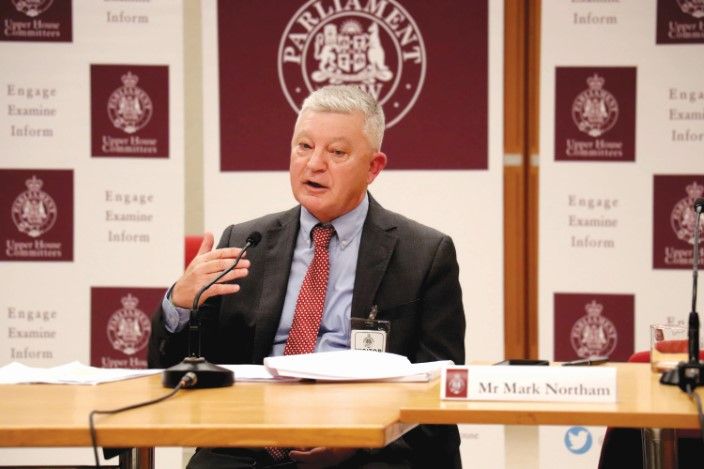
The IEU appeared before the NSW Parliament’s Inquiry into Teacher Shortages in NSW on Wednesday 4 August to provide insights into what is causing the current crisis and how the NSW Government can address it.
“This was a great opportunity to advocate on behalf of members and explain to the Inquiry what it’s like working in schools right now,” said Independent Education Union of Australia NSW/ACT Branch Secretary Mark Northam.
Teacher shortages are severe across every sector: government, non-government and early childhood education. “The teacher shortage must be taken seriously,” Northam said. It’s about a better deal for teachers and support staff. It’s about the students and the future of education. It’s about more time for lesson planning, better pay, and real strategies to address the shortages.”
The Inquiry, chaired by One Nation’s Mark Latham and comprising members of the Labor opposition (Courtney Houssos and Anthony D’Adam), the Greens (Abigail Boyd), and the Liberals and Nationals heard that COVID had not caused the current issues, but it had exacerbated them.
“The IEU has been warning about impending staff shortages for many years due to a range of factors including an ageing workforce, mid-career teacher retention issues and dramatically decreasing enrolments in initial teacher education courses,” Northam said.
Data from the Australian Institute for Teaching and School Leadership reveals:
- 28 percent of teachers say they will leave the profession in four years
- 32 percent of teachers say they will leave the profession before retirement
- 12 percent of teachers are more than 60 years old; and 37 percent are over 50.
The shortages mean teachers are standing between classrooms supervising two classes at once; primary classes are being split across other groups; and two or more classes can often be found in school halls, libraries or playgrounds. Many teachers are taking on far more than their agreed number of extras.
At the same time, Northam told the Inquiry, research by Associate Professor of Education Nicole Mockler at the University of Sydney has found teachers face constant criticism from so-called “experts” via the media and other public forums. “This undermines their professional status in a manner not levelled at other fields,” Northam said.
Catholic systemic members in the IEU held two full-day strikes within six weeks in May and June, with thousands of members rallying throughout NSW and the ACT. Members took the second action alongside the NSW Teachers Federation, whose President, Angelo Gavrielatos, also appeared before the Inquiry on the same day as the IEU.
“School staff have been running on goodwill for too long, but that goodwill has run out,” Northam told the Inquiry.
The IEU is currently negotiating new enterprise agreements in the Catholic systemic sector. The union wrote to Catholic employers on 29 July urging them to meet with the union and continue negotiations for a new enterprise agreement that began in January. “Our door is open,” Northam said. “Let’s sit down and fix these issues together.”
The Association of Independent Schools NSW, the peak body representing about 480 independent schools, announced in July a proposal to attract and support new teachers that would include a focus on “wellbeing and the status of the profession”. Again, the IEU calls for consultation with teachers and support staff through their representative union.
The Parliamentary Inquiry into Teacher Shortages in NSW is holding more hearings during August and September and is due to report by 8 November.








































































































































